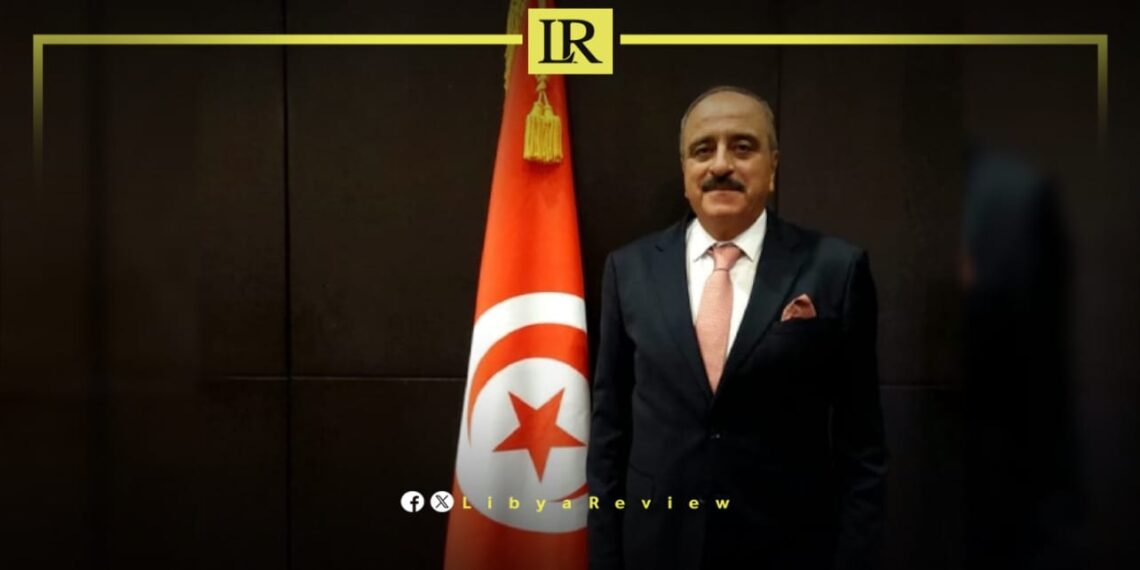Tunisia, Libya, and Egypt have jointly presented a draft resolution on recovering stolen assets at the 58th session of the United Nations Human Rights Council, which began on Monday in Geneva.
Tunisian Foreign Minister Mohamed Ali Nafti emphasised that reclaiming looted funds remains a major public demand despite judicial and diplomatic efforts. He stressed that more than a decade has passed since the fall of what he described as “corrupt regimes” in the region, yet significant progress in asset recovery is still lacking.
Nafti called for stronger international cooperation at both bilateral and multilateral levels to accelerate the repatriation of stolen funds. He reaffirmed that these assets are an inalienable right of the affected nations and should not be subject to statutes of limitation.
Tunisia urged UN member states to support the African-backed resolution titled “The Negative Impact of Non-Return of Illicit Funds on Human Rights and the Importance of Strengthening International Cooperation.” The resolution, co-sponsored by Libya and Egypt, highlights that recovering stolen wealth is a fundamental right under international law, including the UN Convention Against Corruption. Many developing nations, he argued, are forced into foreign debt while being unable to retrieve their misappropriated assets.
Libya has also intensified its efforts in this regard. Mohamed Manseli, Director-General of Libya’s Asset Recovery and Management Office (LARMO), recently addressed the Arab Forum on Transparency and Good Governance for Sustainable Development. He stressed the need for collective action to stop the plundering of Libyan wealth and ensure stolen assets are reinvested for the country’s future. He also called for greater support for Libyan institutions combating money laundering and asset recovery.
Meanwhile, Tunisia raised concerns over irregular migration, with Nafti describing undocumented migrants as victims of a global economic system that disproportionately harms the region. He reaffirmed Tunisia’s commitment to handling migration within the framework of international law and human dignity while calling for collective action to dismantle criminal networks exploiting vulnerable migrants.
Tunisia has advocated for a comprehensive and cooperative approach to tackling irregular migration, involving source, transit, and destination countries. Nafti defended Tunisia’s migration policies, insisting they align with human rights principles and reject all forms of racial discrimination and hate speech.
The discussions at the UN highlight ongoing efforts by North African nations to address systemic corruption, recover national wealth, and advocate for fairer financial and migration policies on the international stage.


